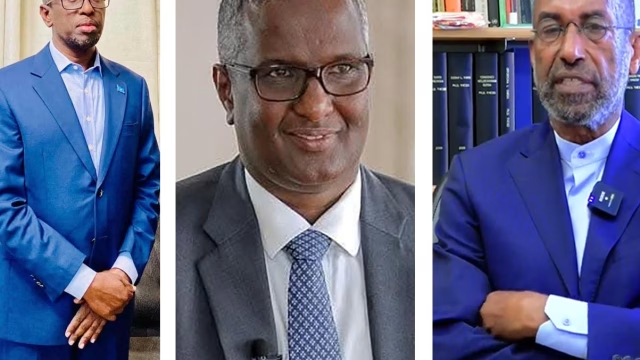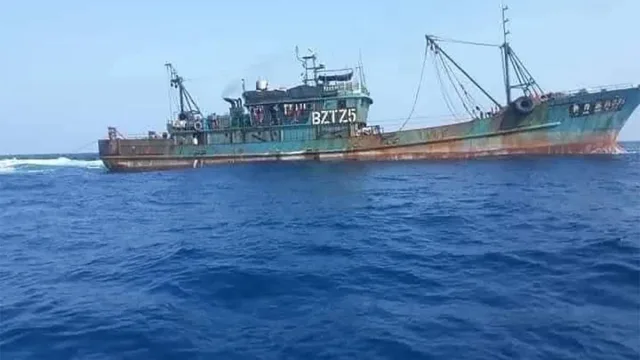Somalia’s Federal government has contracted a Turkish company, to help inspect the quality of imports and…

Somalia’s Federal government has contracted a Turkish company, to help inspect the quality of imports and exports products in a move to guard against importation of harmful products and implement quality assurance standards.
Since the collapse of the Central government in 1991, markets in Somalia have not been regulated; this has resulted the country to become a booming market for counterfeits of different products including food products.
The PGM firm – has the international inspection company status and has been working on third party inspection, quality control engineering services for manufacturing and metal industry, petroleum-petroleum products and natural gas industry since 2003, according to its profile.
In a ceremony held in Mogadishu, Somalia’s minister of Industry and Commerce Abdirahman Abdi Osman and Head of the Turkish firm (PGM) signed the agreement.
“We have processed this contract for pre-inspection of goods that are intended to land in Somalia in order for us to protect our people from hazardous products that land in the country through our border posts,” Somalia’s commerce minister said in the ceremony.
Attending the ceremony, Turkey ambassador to Somalia Olgan Bekar stressed that his government is determined to continue support towards the government and people of Somalia as the country continues to recover the over two decades of civil war.
By far the most important sector Somalia’s economy is agriculture, with livestock raising surpassing crop growing fourfold in value and earning about three-fifths of Somalia’s foreign exchange.
Somalia is fertile and arable land which has reliable rainfalls mostly as well as most of Somali regions are suitable for agriculture but now there are no countrywide sectors polices and regulatory frameworks. In addition, there is a lack of training institutions and facilities to develop a new cadre of professionals.
Horseed Media


